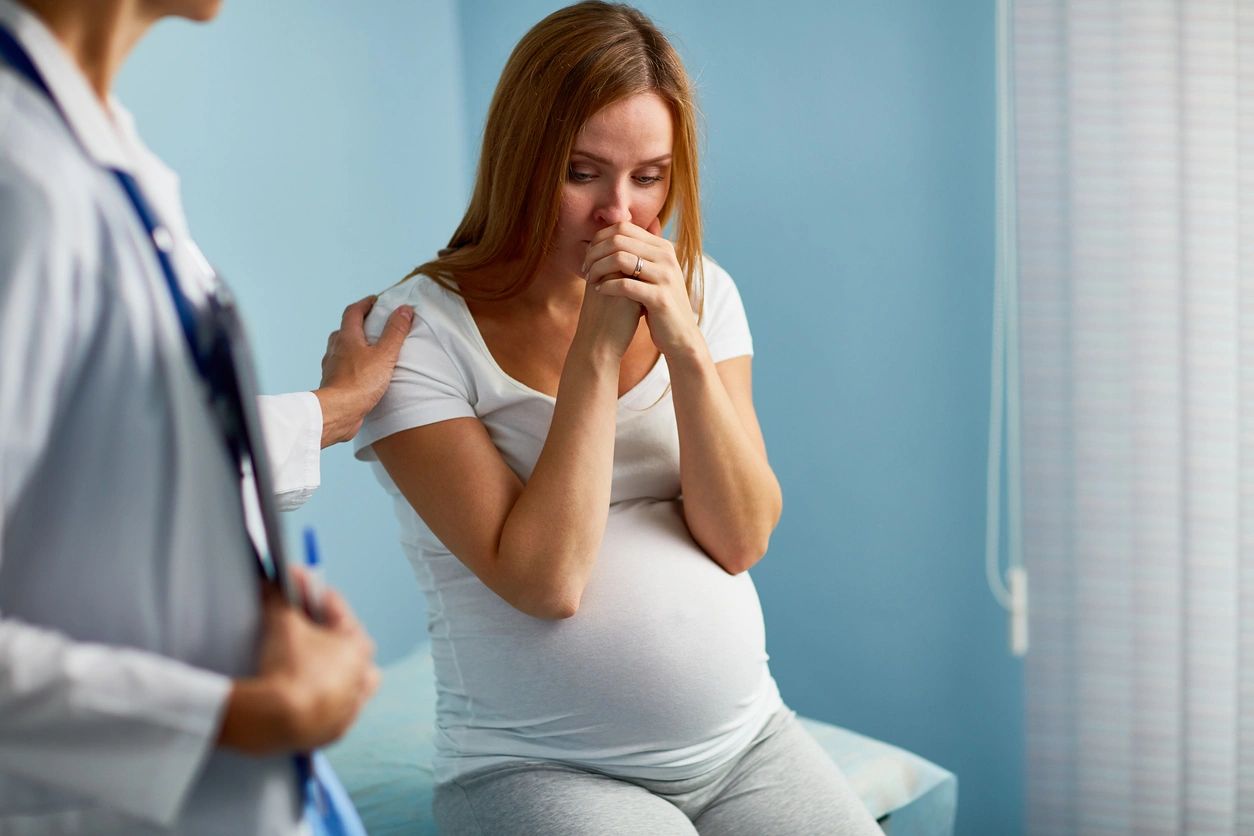The Secret Sadness of Pregnancy with Depression
Depression is one of the most common pregnancy concerns, but it has remained hidden throughout these years. The myth that “pregnant women should be happy” still prevails. And for this reason, a woman often feels embarrassed to reveal her true feelings about pregnancy. She tends to hide it and keep it to herself, thus making the problem worse. No one has recognized how appropriate an anxiety-ridden pregnancy is, how traumatic the change of identity that accompanies future motherhood can be. It gets difficult when every woman has to come up with this new identity. It is during pregnancy that she tries to figure out who she will be when, as is sometimes said, a piece of her heart lives outside her body.
Many women experience anguish over the persistent warning to future parents that nothing will be the same again. Some imagine this vaunted change as a death sentence. These troubling feelings are common among pregnant women, but for those with prenatal depression, they loom large and overshadow all the positive aspects of expectation. A key point to keep in mind is that if a woman has previously suffered from depression, she is more likely to suffer from it during pregnancy. The facts indicate that 1 in 7 women receive treatment for depression between the year before pregnancy and the year after pregnancy. Antenatal depression (depression experienced during pregnancy) affects up to 15 percent of pregnant women and can be traumatic not only for the mother-to-be but also for the baby.
How can it affect your baby? If a woman is pregnant and her depression is not treated early, she is more likely to have:
- A premature birth
A preterm birth means that the mother delivers the baby well before the actual due date. The actual duration of pregnancy approaches 37 weeks, but if the woman suffers from depression, this duration is reduced and the baby is born a few weeks earlier.
In such cases, the baby is weak, unhealthy and at high risk of breathing problems like apnea, respiratory distress syndrome (RDS). The baby is also prone to other health problems like anemia, jaundice, heart defects, etc.
- An underweight child
A pregnancy intertwined with depression often leads to the delivery of a low birth weight baby. A baby’s normal weight at birth is 5 pounds, 8 ounces. But in this case, where the mother has been depressed during pregnancy, the normal weight of the baby is not maintained.
Apart from the above, the baby is more irritable, less active, less attentive and has fewer facial expressions than babies born to mothers who do not suffer from depression during pregnancy. How does it affect the expectant mother?
- High risk of suicide
- Termination of pregnancy
- Deterioration of attachment to the child.
- Increased chances of caesarean section
- Increased chances of engaging in harmful behaviors such as drinking, smoking, drug abuse and lack of exercise
Untreated depression or anxiety during pregnancy has also been linked in multiple studies to miscarriage, preeclampsia, preterm birth, and neonatal complications. Antenatal depression is often accompanied by anxiety and obsessive-compulsive symptoms and occasionally by psychosis. Also, there are cases of depression where feelings dominate the mind to such an extent that the mother constantly develops thoughts to harm the child or find ways to end his life. The suicidal thoughts come and go and don’t last long, but even after they are gone, the depression remains. This is true for both prenatal and postpartum depression.
But there is always a correct treatment and a correct solution. There are many things that can help women with depression: the love of a supportive partner and friends, of course, but also recognition of their illness and easy access to effective treatment.
Pregnant women with depression, especially mild to moderate prenatal depression, can often manage it with talking psychotherapies, such as cognitive behavioral therapy or interpersonal therapy. Women with dying depression who are unresponsive to or don’t have access to other treatments can take antidepressant medications. Psychological studies show that most women who experience depression during pregnancy are happy not to take their medications, as antidepressants can be dangerous for the baby. Love yourself if you want to love your child!



